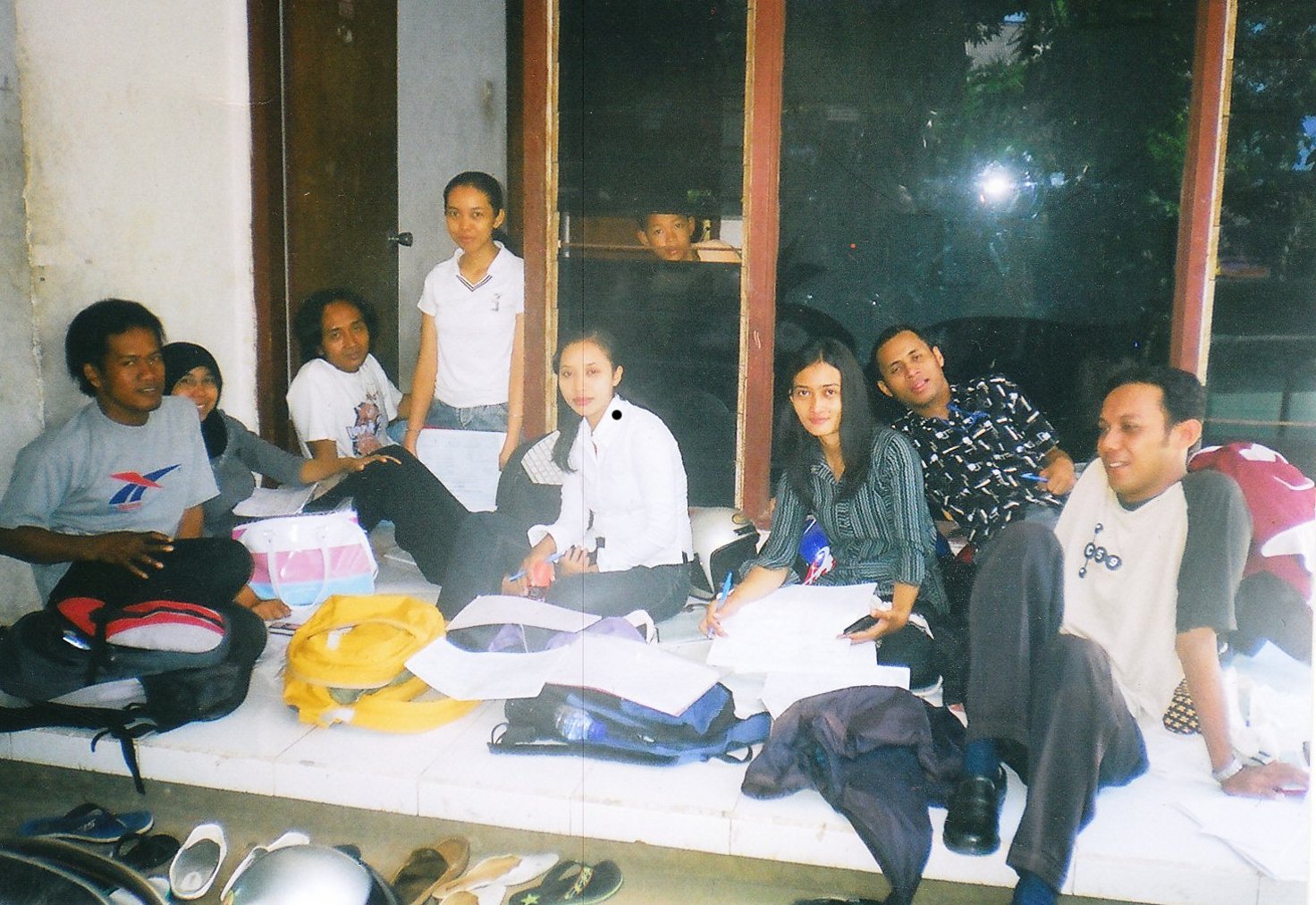The Social and Economic Transitions Study in Bali [EST-Bali]
Thursday, 09/09/2010

The Economic and Social Transition Study of Bali (EST-Bali) is a longitudinal household survey aimed at understanding how the 2002 bombings affected Balinese individual and household well-being. Using the February 2002 CBS National Social Economic Survey (SUSENAS) as a baseline, in early 2003 EST-Bali re-interviewed 92% of 2,000 households (7,500 individuals). The survey provides unique information on the impact of the Bali bombings: multiple indicators of individual and household well-being were measured prior to the bombing, and the same indicators for the same individuals were measured after the terrorist act. This longitudinal approach allows EST-Bali to better identify the specific effects of the event. Furthermore, the household-level data allows EST-Bali to identify the coping mechanisms that individuals and households adopted in response, and to determine how the bombing’s effects have been shared within and between the households.
A second round of EST-Bali was conducted in early 2004. Individuals were revisited and interviewed to identify changes in well-being and coping behavior, and to evaluate the effectiveness of the Bali recovery program initiated by the government shortly after the bombing. A third round, conducted in February 2005, investigated longer-term impacts. SurveyMETER maintained a re-contact rate of approximately 92% in all three rounds. Tracking of household and individual movers took place in Bali and in East Java.(SM)